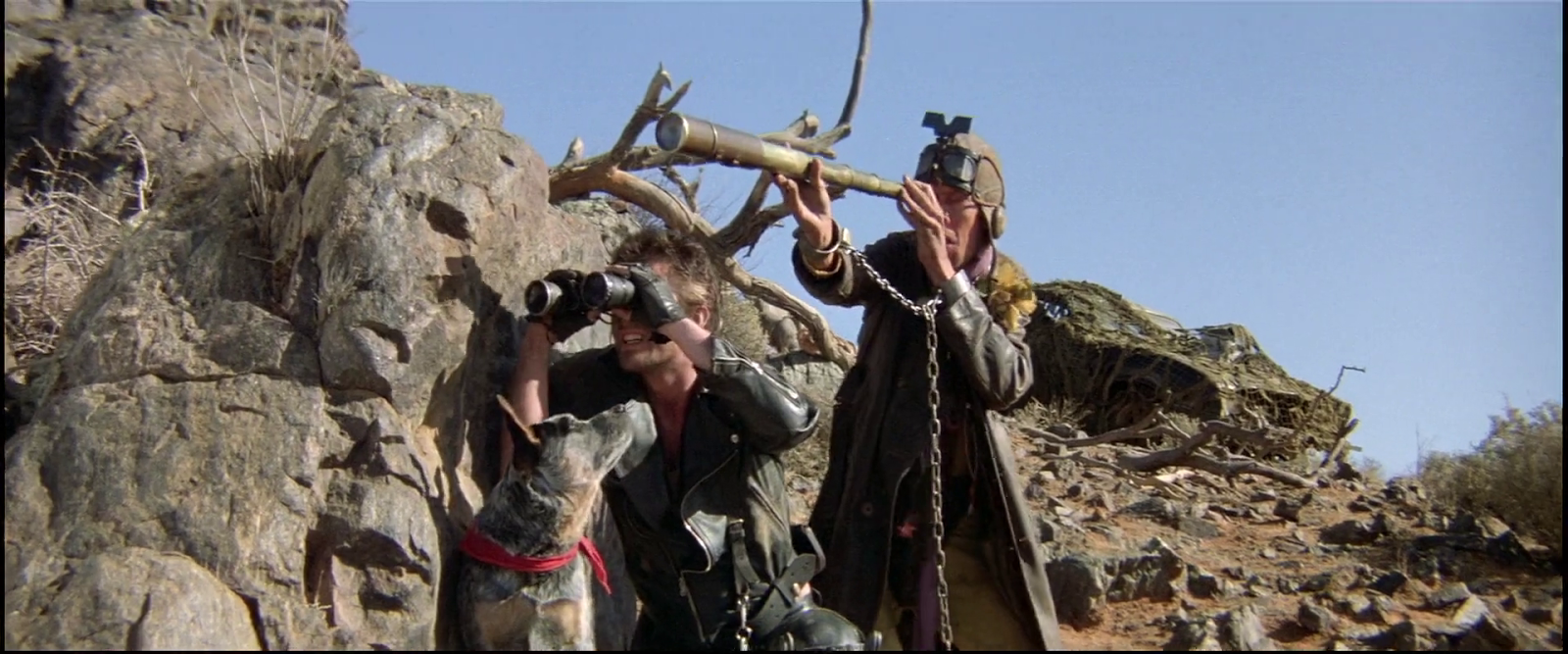The 1970's were referred to collectively as 'the American New Wave' for a reason: beginning with "Bonnie and Clyde" in 1967 and ending (roughly) in 1980 with "Heaven's Gate" and "Raging Bull", some of the best films ever made were committed to celluloid, fueled by decades of anger and resentment of Cold War-era America. For a wide variety of reasons, these movies were allowed to push previously untouched envelopes, and one of the most stationary averse of these was William Friedkin's "The Exorcist", which to this day remains one of the nastiest films to gross more than $500 million (until "Transformers 4" came along, that is). Frankly, the success of Friedkin and his grotesque horror film is astounding, and gave the young director enough Hollywood credit to do whatever film he wanted. That film was "Sorcerer".
Comparisons to Francis Ford Coppola's "Apocalypse Now" will inevitably be drawn - both are indulgent, impossible works filmed in the jungle with far too much money and by auteurs coming off unparalleled successes - but they are different beasts entirely. While Coppola's absolutely essential Vietnam saga was an epic in every sense of the word, Friedkin's picture is much more intimate. "Sorcerer", a remake of a French film called "The Wages of Fear", follows four men as they drive trucks loaded with nitroglycerin through the South American jungle. Led by Roy Scheider, they are all stuck in these desperate circumstances by their own sins: the film has four separate prologues for each of the characters. The audience is treated to some truly harrowing sequences in which seemingly impossible obstacles are faced; the most famous one involves the trucks crossing a rope bridge that would be challenging for a mildly overweight person. One might call bullshit on what seems like an obviously fake stunt, but Friedkin did it for real. In the end, that is what defines "Sorcerer": man reaching the very edge of his own artifice.
You might ask yourself why Friedkin would choose to follow up one of the most successful films of all time with an inherently quixotic venture, but one only has to watch the film to understand. In Friedkin's mind, he had reached the zenith with "The Exorcist" and felt a bit disillusioned with himself. He gave himself a challenge to see how far he could make it. Perhaps he identified with the doomed souls of "Sorcerer"; instead of being forced into this impossible situation, he put himself into it to see if he had the right stuff. He pushed himself to the boundaries of sanity and reason, and in doing so, made an unforgettable movie, because what's onscreen is his personal truth at 24 frames per second. Survival movies are all the rage now, with everything from "Gravity" to "All Is Lost" testing the limits of human capability under fire. However, none of them are as essential as "Sorcerer". Every composition, every take, and every life-threatening stunt oozes desperation; by testing his own limits, Friedkin finds those of man. It's one of the better remakes you'll ever see.

No comments:
Post a Comment